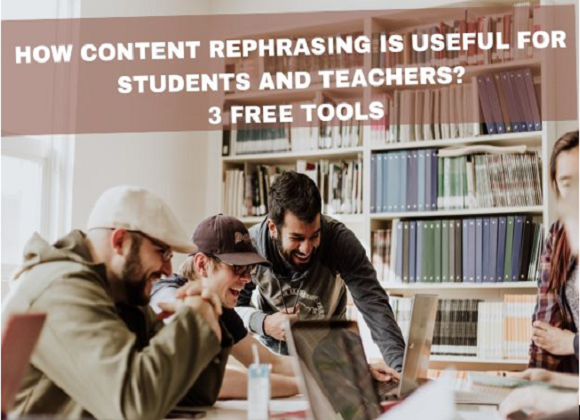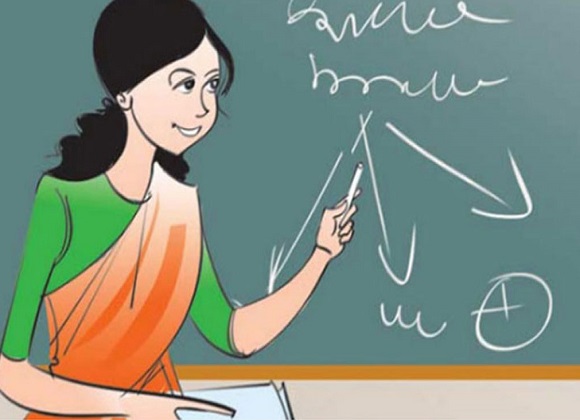Courses
Grow skills with quality courses
As adults we always want our children to have the best. Be it the most comfortable shoes in the prettiest colour or the kind of food that is supposed to make them healthy, we want to ensure that everything that is provided to our children is right for them. Since children are considered naive and are presumed to not know what's good for them, adults often take it upon themselves to make all the decisions for them. Despite their good intentions, robbing children of the freedom to make choices and take decisions has a negative impact on their growth. Making decisions and deciding what one wants is one of the essential aspects of life. When we divest our children of the liberty to take decisions we impede them from gaining the knowledge of what their likes are and learning from their mistakes. No matter how well-meaning our intent might be, making all the decisions on behalf of children is detrimental and hinders their growth.
An important part of knowing oneself includes making choices. The popular saying "Our choices define us" is true because our personality is shaped by are actions and decisions. When we divest our children of the opportunity to make choices, we take away their chance to know themselves and acquire knowledge about their likes and dislikes. In the initial years when a child is still trying to know who he is in the huge world in which he resides, the conscious decisions he makes play a large role in determining who the child is going to be. If as adults we make all the decisions for our children, we become complicit in foisting our perception of good and bad on them without ever giving them the chance to discover it themselves. As a result, we begin projecting our ideals on children. This is detrimental to a child's growth and intellectual development as it does not allow them to explore their personality and choose for themselves. Because of this children learn to blindly trust whatever information they receive from any source of authority without questioning it and perceive it as right.
Hence it makes children more susceptible to being fooled or brainwashed.
When we don't allow our children the right to make choices for themselves while growing up, we condition them to be dependent on others when it comes to making important decisions. As a result, children are never fully able to trust and have faith in their choices and always feel like they need someone else to make them for them. This increased sense of dependence is abjectly harmful as it makes our children afraid of taking decisions on their own and makes them believe that they can never choose the right thing until and unless someone confirms their decision.
Allowing children to make choices enhances their sense of power and responsibility. It also gives them confidence and boosts their faith in their ability to choose and make decisions. It also teaches them that the consequence of a decision can be both good or bad and prepares them to deal with the outcome of their choice no matter what it is.
As grown-ups, we understand what is best for children but it is necessary for us to know that in order to give that knowledge to our children as well, it is important that we allow them to make decisions for themselves.
About the author
Comments
Recommended by Gurushala

Technology & Innovation
-By Valentina MilanovaHow Content Rephrasing is Useful for Students and Teachers? 3 Free Tools

Stories of Indian Classrooms
-By GurushalaOn the course of continuous learning- An inspiring teacher story from Pune
Related Articles
